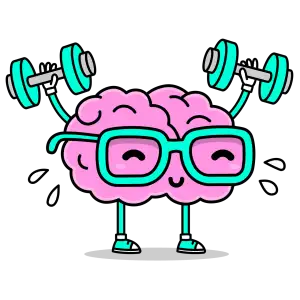Unlock Explosive Muscle Growth with the Right Supplements

Protein Powder
Protein powder is a popular supplement among athletes and gym-goers looking to increase muscle mass. It provides a convenient and concentrated source of protein, which is essential for muscle growth and repair. When you work out, you create micro-tears in your muscle fibers, and protein helps repair these tears, making your muscles bigger and stronger.
Whey protein, derived from milk, is one of the most common types of protein powder. It's quickly absorbed by the body, making it ideal for post-workout recovery. Casein protein, also from milk, is digested more slowly, providing a sustained release of amino acids throughout the day.
For those on a plant-based diet, options like soy protein, brown rice protein, and pea protein are available. These plant-based options offer a complete amino acid profile, making them excellent alternatives to whey or casein.
The amount of protein powder you need depends on your individual goals, activity level, and overall diet. It's always best to consult with a healthcare professional or registered dietitian to determine the appropriate dosage for you.
Remember, while protein powder can be a helpful supplement, it's crucial to focus on consuming a balanced diet rich in whole foods to support your muscle-building goals.
Protein powder is a popular supplement among athletes and gym-goers looking to increase muscle mass. It provides a convenient and concentrated source of protein, which is essential for muscle growth and repair. When you work out, you create micro-tears in your muscle fibers, and protein helps repair these tears, making your muscles bigger and stronger.
Whey protein, derived from milk, is one of the most common types of protein powder. It's quickly absorbed by the body, making it ideal for post-workout recovery. Casein protein, also from milk, is digested more slowly, providing a sustained release of amino acids throughout the day.
For those on a plant-based diet, options like soy protein, brown rice protein, and pea protein are available. These plant-based options offer a complete amino acid profile, making them excellent alternatives to whey or casein.
The amount of protein powder you need depends on your individual goals, activity level, and overall diet. It's always best to consult with a healthcare professional or registered dietitian to determine the appropriate dosage for you.
Remember, while protein powder can be a helpful supplement, it's crucial to focus on consuming a balanced diet rich in whole foods to support your muscle-building goals.
Creatine
Creatine is a natural substance found in small amounts in foods like red meat and seafood. It's also produced naturally in your body, primarily in the liver and kidneys. When you supplement with creatine, you're essentially increasing your body's stores of phosphocreatine, which plays a crucial role in the production of ATP (adenosine triphosphate), the primary energy source for muscle contractions.
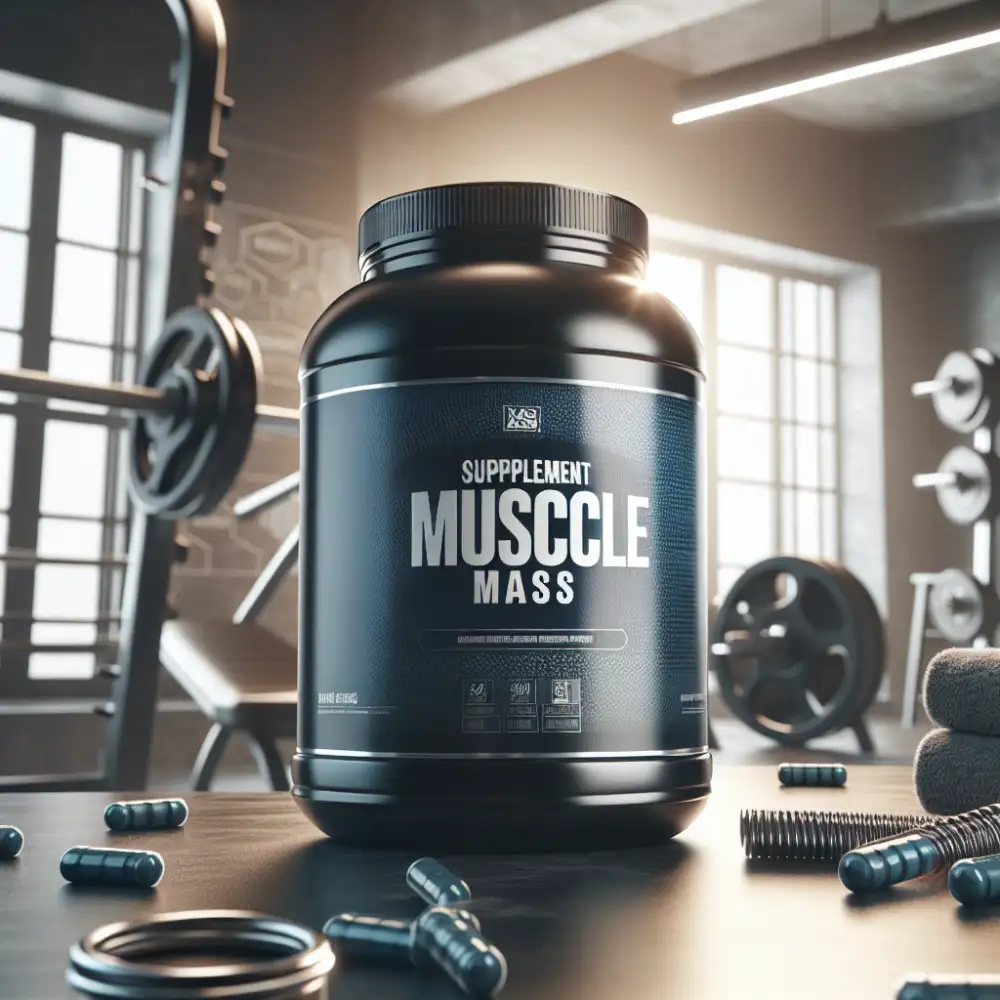
| Feature | Whey Protein | Creatine | BCAAs |
|---|---|---|---|
| Primary Goal | Increase protein intake for muscle growth | Boost energy and strength for intense workouts | Reduce muscle soreness and fatigue |
| Typical Dosage | 1-2 scoops (25-50g protein) per day | 3-5 grams per day | 5-10 grams before or after workout |
| Proven Benefits | Supports muscle growth and repair | Increases muscle strength and power output | May enhance muscle recovery and reduce soreness |
| Potential Side Effects | Digestive discomfort if lactose intolerant | Possible digestive issues if not taken correctly | Generally well-tolerated, but individual responses vary |
Think of ATP as your muscles' immediate energy currency. During short bursts of intense activity, like weightlifting or sprinting, your body relies heavily on ATP stores. However, these stores deplete quickly. This is where creatine comes in. By increasing phosphocreatine levels, creatine supplementation allows your body to replenish ATP more rapidly, providing your muscles with the energy they need to power through those extra reps or shave seconds off your sprint time.
This translates to increased strength, power output, and muscle endurance, making it a popular choice among athletes and fitness enthusiasts looking to maximize their performance and muscle gains.
While creatine is generally safe for most healthy adults, it's always a good idea to consult with your doctor or a registered dietitian before adding any new supplement to your routine, especially if you have any underlying health conditions.
BCAAs
Branched-chain amino acids (BCAAs) are a popular supplement among athletes and bodybuilders looking to gain muscle mass. BCAAs consist of three essential amino acids: leucine, isoleucine, and valine. These amino acids are considered "essential" because your body can't produce them on its own and must be obtained through diet or supplementation.
BCAAs, particularly leucine, play a crucial role in muscle protein synthesis, the process of building and repairing muscle tissue. They can also help reduce muscle soreness and fatigue after intense workouts, allowing you to recover faster and train harder. Additionally, BCAAs may help prevent muscle breakdown during exercise, preserving your hard-earned muscle mass.
While BCAAs are naturally found in protein-rich foods like meat, fish, and eggs, supplementation can be beneficial, especially if you're looking to maximize muscle growth and recovery. BCAA supplements are available in powder, capsule, and liquid forms. The optimal dosage and timing of BCAA intake can vary depending on individual factors such as training intensity and dietary protein intake.
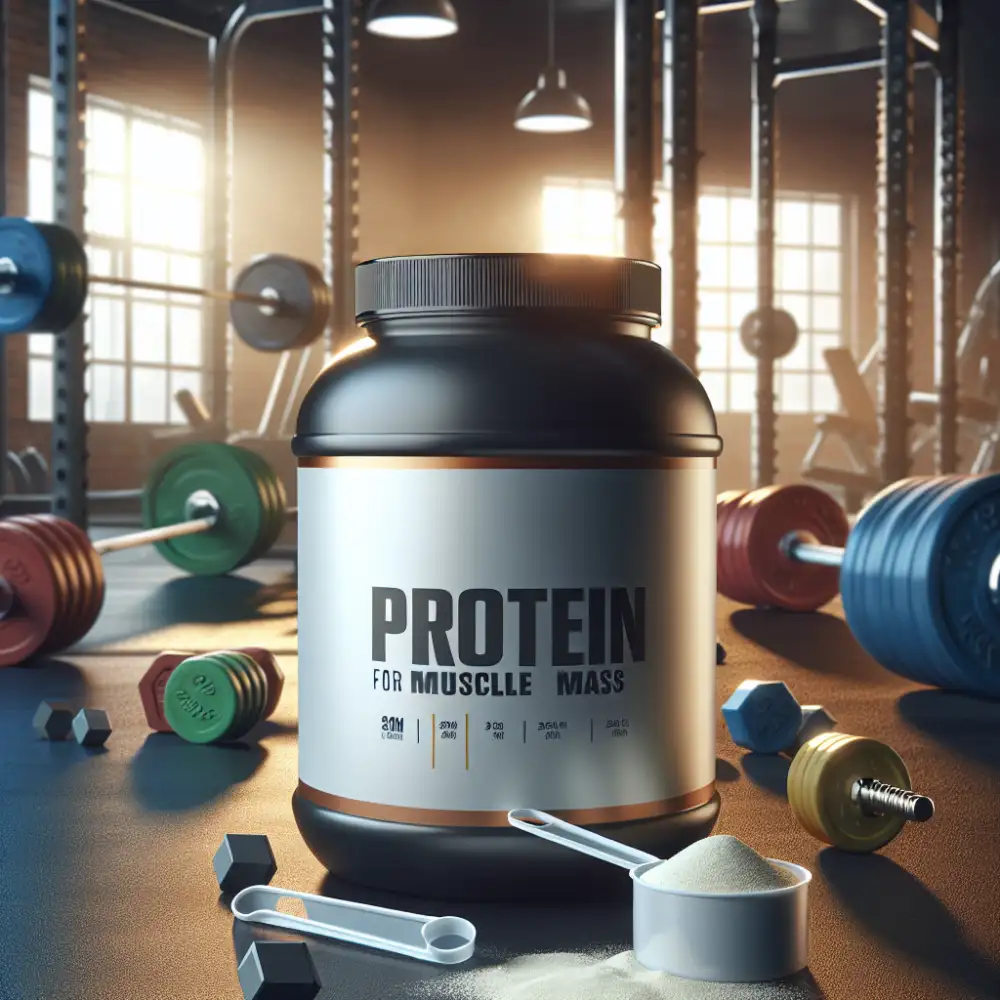
Remember, while BCAAs can be a valuable addition to your supplement regimen, they are most effective when combined with a balanced diet and a consistent exercise program.
Glutamine
Glutamine is the most abundant amino acid in your body, playing a crucial role in muscle protein synthesis. Think of it as a building block for those gains you're chasing! When you're hitting the gym hard, especially when training for muscle mass, your body can deplete glutamine stores faster than it can produce them. That's where supplementation comes in. By adding a glutamine supplement to your regimen, you're essentially providing your body with the extra resources it needs to repair and rebuild muscle tissue after intense workouts. This can lead to faster recovery times, reduced muscle soreness, and ultimately, more impressive gains. While glutamine is naturally found in foods like chicken, fish, and beans, a supplement can conveniently ensure you're meeting your body's increased demands during intense training periods. Remember, though, supplements work best when paired with a balanced diet and a solid workout plan. So, keep pushing those limits, and let glutamine help you maximize your muscle-building potential!
Weight Gainers
Weight gainers are supplements for muscle mass, or "suplemento para masa muscular" in Spanish, designed to help you pack on pounds. They're calorie-dense, usually loaded with protein, carbs, and sometimes additional nutrients like vitamins, minerals, and creatine. Think of them as a convenient way to boost your calorie intake, especially if you struggle to eat enough through whole foods alone.
They're particularly popular among people with fast metabolisms, those who find it hard to gain weight, and athletes looking to fuel intense training sessions and support muscle recovery. But remember, they're not magic potions. While they can certainly help tip the scales in your favor, they work best when combined with a well-rounded diet and consistent exercise routine.
Pre-Workout Supplements
Pre-workout supplements are popular among gym-goers looking to enhance their workouts and boost their results. While the term "suplemento para masa muscular" in Spanish directly translates to "supplement for muscle mass," pre-workouts don't necessarily directly build muscle. Instead, they're designed to improve your performance during your workout, which can then lead to better muscle growth over time.
These supplements typically come in powder form that you mix with water or juice and drink before exercising. Common ingredients include caffeine for increased energy and focus, creatine for enhanced strength and power output, and beta-alanine to buffer lactic acid buildup, allowing you to push harder for longer. Some pre-workouts also include nitric oxide boosters, like L-arginine, to improve blood flow and nutrient delivery to your muscles.
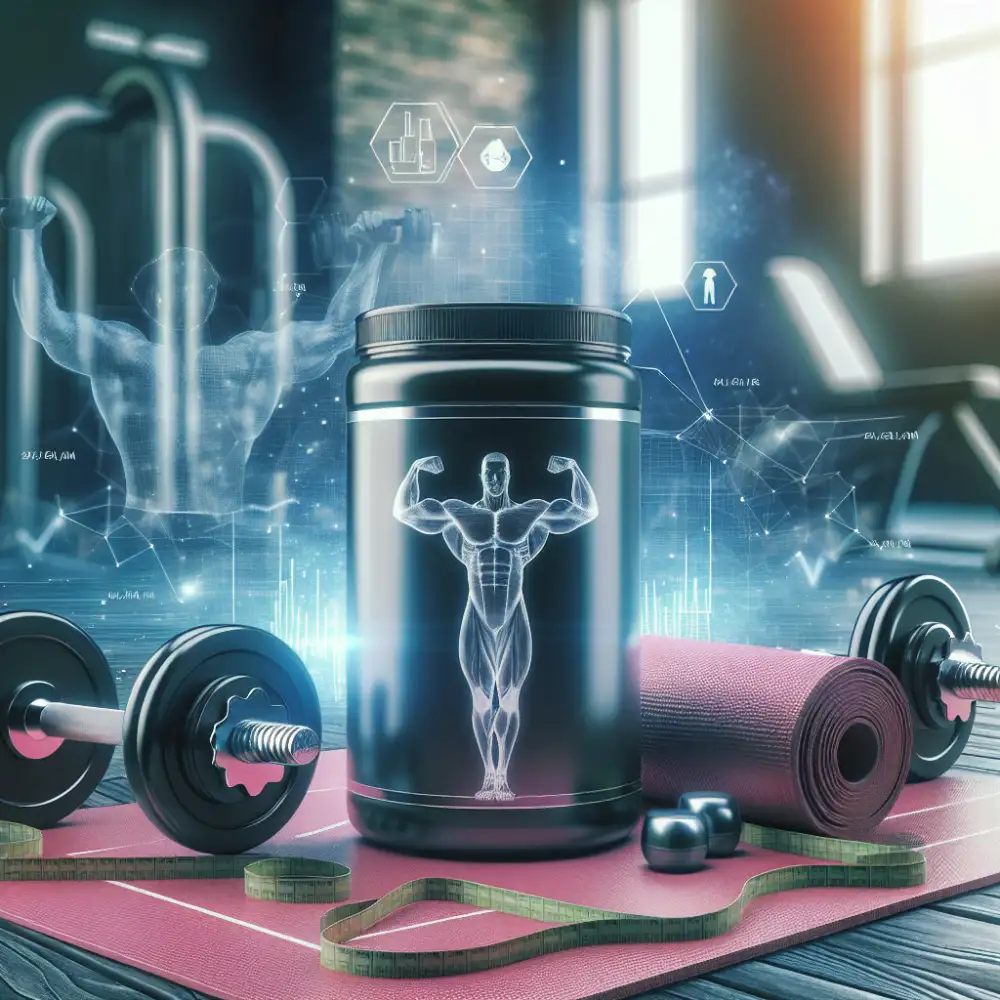

It's important to remember that pre-workout supplements are not magic pills. They work best when combined with a consistent workout routine and a balanced diet. Additionally, not all pre-workouts are created equal. Ingredient quality and dosages can vary significantly between brands, so it's crucial to choose a reputable brand and consult with your doctor or a registered dietitian, especially if you have any underlying health conditions.
Testosterone Boosters
Some people turn to testosterone boosters to enhance muscle growth and athletic performance. These supplements claim to increase testosterone levels naturally. Testosterone is a hormone that plays a crucial role in muscle mass and strength. While some ingredients in these boosters, like D-aspartic acid and Tribulus terrestris, have shown limited evidence of mildly affecting testosterone levels, the overall effectiveness of these products remains largely unproven.
It is essential to approach testosterone boosters with caution. Consult with a healthcare professional before taking any supplements, especially if you have underlying health conditions. They can help determine if testosterone boosters are appropriate for you and monitor for potential side effects. Remember, a balanced diet, regular exercise, and adequate sleep are the most effective and sustainable ways to support muscle growth and overall health.
Fish Oil
Fish oil, a popular supplement derived from fatty fish like salmon, tuna, and mackerel, is rich in omega-3 fatty acids, namely EPA (eicosapentaenoic acid) and DHA (docosahexaenoic acid). While not directly a "suplemento para masa muscular" (supplement for muscle mass) like protein powder or creatine, fish oil offers several benefits that can indirectly support muscle growth and overall fitness goals.
One way fish oil can aid your muscle-building journey is by reducing inflammation. Intense workouts can cause muscle inflammation, delaying recovery and hindering muscle growth. Omega-3s in fish oil have anti-inflammatory properties that may help combat this, allowing you to get back to your workouts faster and potentially experience less post-workout soreness.
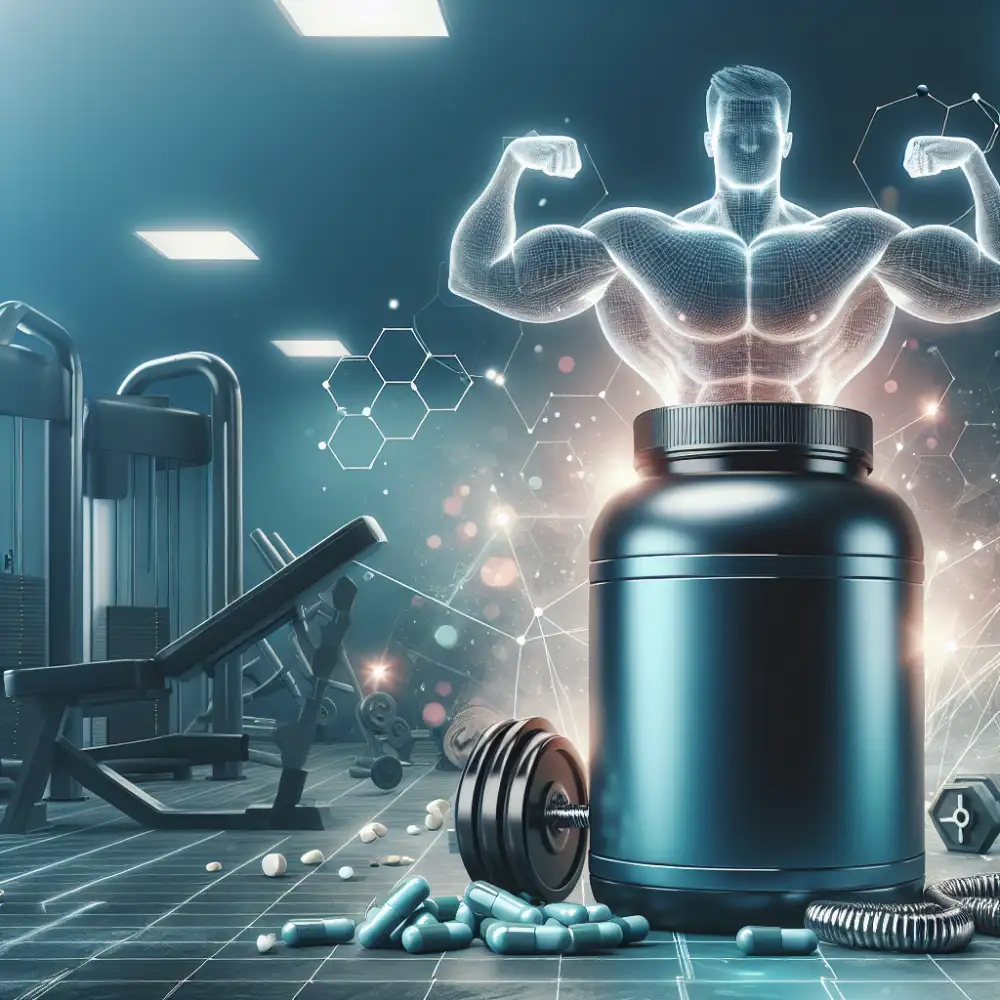
Furthermore, research suggests that omega-3 fatty acids may improve muscle protein synthesis, the process by which your body builds new muscle tissue. This means that incorporating fish oil into your diet could potentially enhance the muscle-building effects of your workouts and protein intake.
Beyond muscle building, fish oil offers a range of health benefits, including improved heart health, better brain function, and reduced joint pain, making it a valuable addition to any fitness enthusiast's supplement regimen.
Multivitamins
Multivitamins are not a magic solution for muscle growth, but they can play a supporting role in your muscle-building journey. Think of them as the pit crew for your body. While protein is the fuel, and creatine is the turbocharger, multivitamins ensure everything is running smoothly. They help your body utilize the nutrients from your diet, which is crucial when you're lifting heavy and pushing your muscles to grow.
Here's why multivitamins matter for gaining muscle mass:
Nutrient absorption: Intense training increases your body's demand for nutrients. Multivitamins help your body efficiently absorb and utilize these nutrients, maximizing your muscle-building potential.
Energy production: B vitamins, often found in multivitamins, are essential for converting food into energy. This is crucial for powering through tough workouts and supporting muscle recovery.
Muscle recovery: Vitamins C and E are antioxidants that help reduce muscle damage and inflammation caused by intense exercise, promoting faster recovery.
While a balanced diet should be your primary source of vitamins and minerals, a multivitamin can act as a safety net, ensuring you meet your daily requirements, especially if your diet isn't perfect. Remember, supplements like multivitamins are meant to complement, not replace, a healthy diet and exercise regimen.
Importance of Diet
When it comes to packing on muscle, a solid workout routine is only half the battle. The other half? Your diet. Think of your muscles like a construction site – you need the right materials to build something strong and impressive. That's where "suplemento para masa muscular," or "supplement for muscle mass" in Spanish, comes in. But before you even think about supplements, you need a rock-solid nutritional foundation.
Your body needs a calorie surplus to build muscle, meaning you need to eat more calories than you burn. But it's not just about eating more – it's about eating the right things. Protein is the MVP here, as it provides the building blocks for muscle repair and growth. Aim for lean protein sources like chicken, fish, beans, and lentils. Carbs are your energy source, fueling your workouts and aiding in muscle recovery. Opt for complex carbs like brown rice, quinoa, and sweet potatoes. Healthy fats are essential too, supporting hormone production and overall health. Include sources like avocados, nuts, and olive oil in your diet.
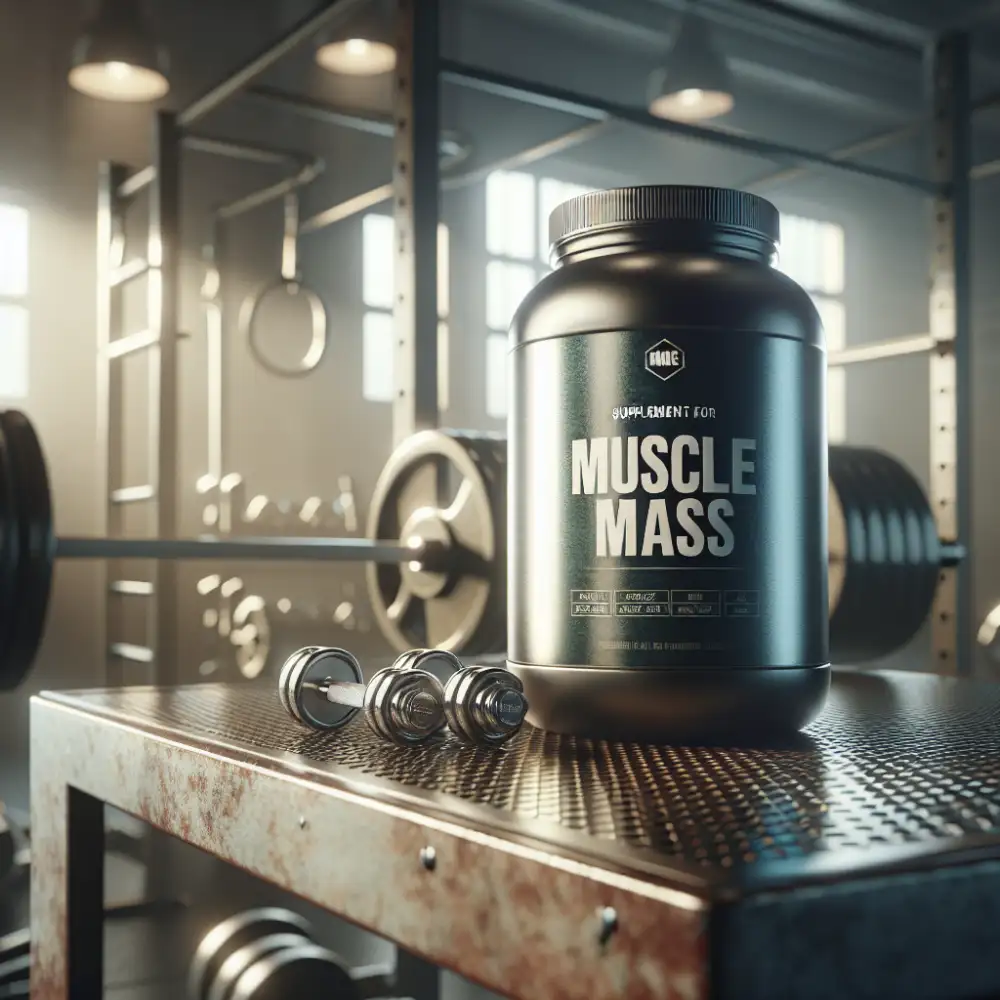

Exercise Routine
A good exercise routine is key to maximizing muscle growth when using a supplement for muscle mass, or "suplemento para masa muscular" in Spanish. Remember, supplements enhance your efforts, not replace them.
Focus on compound exercises that work multiple muscle groups simultaneously. These include:
- Squats
- Deadlifts
Potential Risks
It's important to remember that supplements for muscle mass aren't regulated by the FDA like traditional food and drugs. This means their safety and effectiveness may vary greatly. Always consult with your doctor or a registered dietitian before starting any new supplement regimen, especially if you have underlying health conditions.
Some potential risks associated with muscle mass supplements include gastrointestinal issues like nausea, bloating, and diarrhea. These are often caused by ingredients that are difficult to digest. Some individuals may also experience allergic reactions to certain ingredients, ranging from mild itching to severe anaphylaxis. Always check the ingredient list carefully and be aware of any personal allergies.
Certain supplements may interact negatively with medications or exacerbate existing health conditions. For example, some ingredients can affect blood clotting or blood sugar levels. It's crucial to discuss your supplement use with your doctor to avoid potential complications.
While many supplements are marketed as safe and natural, some may contain unlisted or banned substances. These can lead to serious health risks and even result in positive drug tests for athletes. Always choose reputable brands and look for products that have been third-party tested for quality and purity.
Remember, supplements should complement a healthy diet and exercise routine, not replace them. Building muscle takes time and effort, and there's no quick fix. Focus on consuming adequate protein, following a balanced training program, and prioritizing rest and recovery for optimal results.
Consulting Professionals
When considering supplements for muscle mass, often called "suplementos para masa muscular" in Spanish, consulting professionals is crucial. This is especially true if you're unfamiliar with these products or their potential effects.
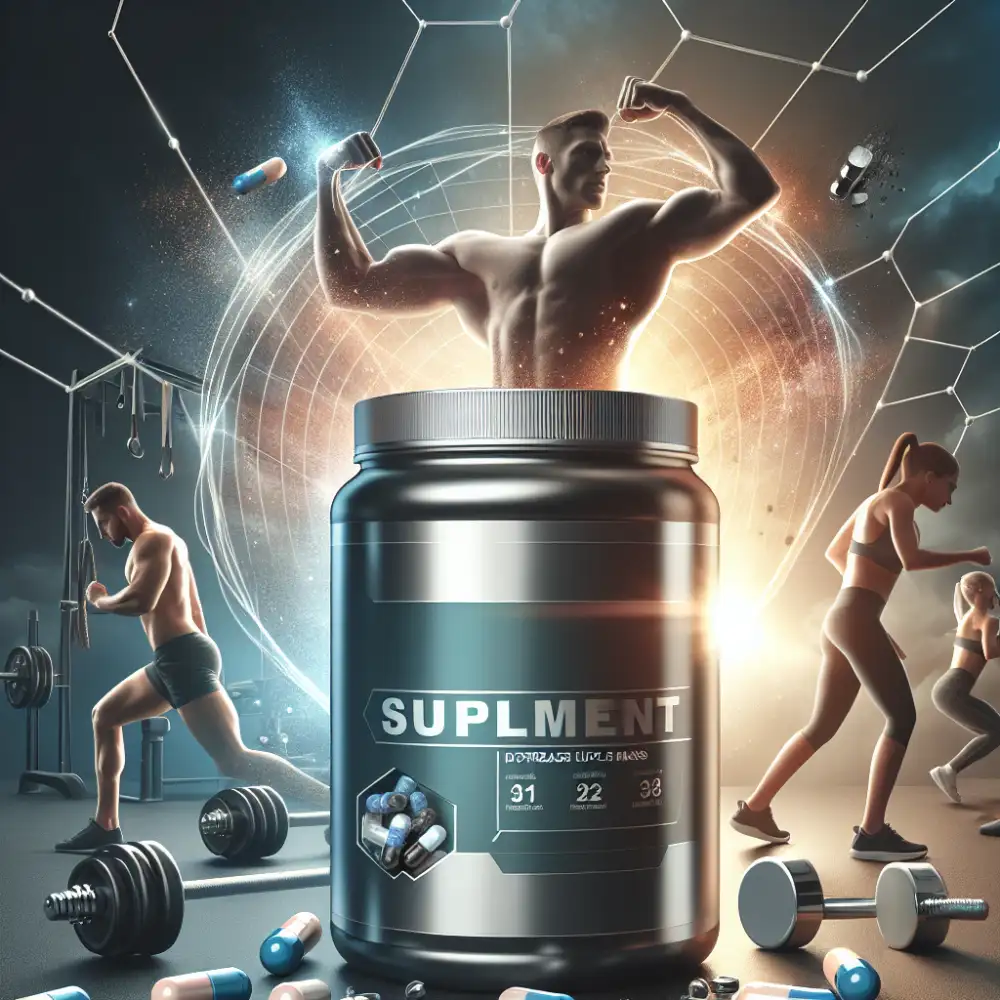
Start with your doctor or a registered dietitian. They can assess your overall health, fitness goals, and dietary needs to determine if a muscle mass supplement is appropriate for you. They can also help you understand the potential benefits and risks based on your individual circumstances.
If you're heavily involved in athletics or bodybuilding, consider consulting a certified sports nutritionist. These professionals have specialized knowledge in optimizing athletic performance through diet and supplementation. They can help you create a safe and effective supplement regimen tailored to your specific training demands.
Remember, supplements are not a magic bullet. They work best when combined with a balanced diet and consistent exercise routine. Consulting professionals ensures you're using these products safely and effectively to support your muscle-building goals.
Choosing Supplements Wisely
With the abundance of muscle mass supplements on the market, choosing the right ones can feel overwhelming. Remember, supplements should complement a balanced diet and rigorous workout routine, not replace them. Before adding any supplement to your regimen, consult with a healthcare professional or registered dietitian. They can assess your individual needs, consider any potential interactions with medications or existing health conditions, and guide you towards safe and effective choices.
Look for products that have been third-party tested for quality and purity. Reputable organizations like NSF International and USP verify that supplements contain the ingredients listed on the label and are free from harmful contaminants.
Common ingredients to look for include whey protein, creatine, and branched-chain amino acids (BCAAs). Whey protein, a fast-digesting protein source, aids muscle recovery and growth after workouts. Creatine, a naturally occurring compound, enhances strength and power output during high-intensity exercise. BCAAs, essential amino acids, support muscle protein synthesis and reduce muscle breakdown.
Remember, more is not always better when it comes to supplementation. Stick to the recommended dosages on product labels and avoid exceeding them. Be wary of products making outlandish claims or promising quick fixes. Building muscle takes time and consistent effort, both in the gym and in the kitchen.
Published: 13. 07. 2024
Category: Food

